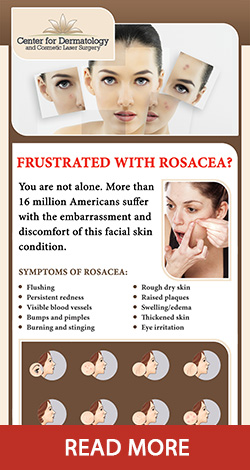Misconceptions And Facts Concerning Acne: Debunking Common Misconceptions
Misconceptions And Facts Concerning Acne: Debunking Common Misconceptions
Blog Article
Material By-Haney Kjeldsen
You might assume that indulging in delicious chocolate or oily foods is the root cause of your acne, but that's just one of several misconceptions swirling around this typical skin disease. As a matter of fact, acne mainly originates from clogged hair follicles, not your last dessert. Misconceptions like these can lead you to adopt inadequate skin care practices that may also intensify your scenario. As you navigate the realities behind acne, you'll uncover understandings that could change your approach to skincare and aid you attain more clear skin. So, what actually exists below the surface?
Common Myths About Acne
When it pertains to acne, many people believe in typical myths that can lead to confusion and aggravation. One prevalent misconception is that eating chocolate or greasy foods creates acne. While diet plan can influence skin health and wellness, the direct web link in between specific foods and acne isn't as specific as several think.
Another common misconception is that you need to scrub your face strongly to clear up outbreaks. In truth, hostile rubbing can irritate your skin and get worse acne.
You might also believe that acne only impacts teenagers, however adults can experience it also, typically because of hormone modifications or stress. Some individuals assume that tanning can clear up acne, but sunlight exposure can in fact result in skin damages and get worse outbreaks in the long run.
Last but not least, several believe that using severe products will certainly remove acne quickly. However, these products can remove your skin of its natural oils, causing raised inflammation and more outbreaks.
Scientific Facts Behind Acne
Recognizing the clinical realities behind acne can empower you to tackle this typical skin condition more effectively.
Acne takes place when hair follicles come to be obstructed with oil, dead skin cells, and microorganisms. This procedure often begins with an overproduction of sebum, the oil your skin naturally generates. Hormonal modifications, especially throughout adolescence or menstruation, can activate this excess oil.
Bacteria called Propionibacterium acnes flourish in these clogged up pores, resulting in swelling. When your body immune system responds, it can cause inflammation and swelling, resulting in those annoying pimples or cysts.
Genetics also contribute; if your parents had acne, you could be more susceptible to it.
visit this weblink and tension levels can affect acne as well, yet research study is still evolving in these locations. While enjoying oily foods will not straight trigger breakouts, a balanced diet can sustain your skin health and wellness.
Likewise, managing tension can lower hormone fluctuations that might get worse acne.
Tips for Managing Acne
Managing acne effectively requires a mix of everyday skincare routines and lifestyle changes. Beginning by developing a consistent skin care routine. Clean your face twice a day with a gentle, non-comedogenic cleanser to remove dirt and excess oil. Avoid rubbing too hard, as this can irritate your skin and worsen acne.
Next off, integrate products having salicylic acid or benzoyl peroxide to help avoid breakouts. Always follow up with a lightweight, oil-free moisturizer to keep your skin hydrated. Do not fail to remember sunscreen; opt for non-comedogenic options to shield your skin from UV damages without clogging pores.
https://www.thetimes.co.uk/article/love-island-and-how-young-people-fell-for-cosmetic-surgery-96656hp6t , focus on your diet plan. Limit sweet and oily foods, and concentrate on fruits, vegetables, and entire grains. Staying hydrated is important, so drink lots of water throughout the day.
Additionally, manage tension via tasks like yoga, meditation, or workout, as anxiety can activate outbreaks.
Last but not least, prevent picking or popping acnes. This can lead to scarring and more inflammation. If your acne continues, get in touch with a skin specialist for tailored treatment choices.
Conclusion
In conclusion, it's important to separate fact from fiction when it concerns acne. By debunking typical misconceptions, you can much better understand your skin and make informed selections for your skin care regimen. So, why continue to rely on out-of-date ideas when the truth can empower you? Embrace healthier behaviors, concentrate on mild cleansing, and keep in mind that handling acne is a trip. With the appropriate expertise, you're one action better to clearer, healthier skin.
